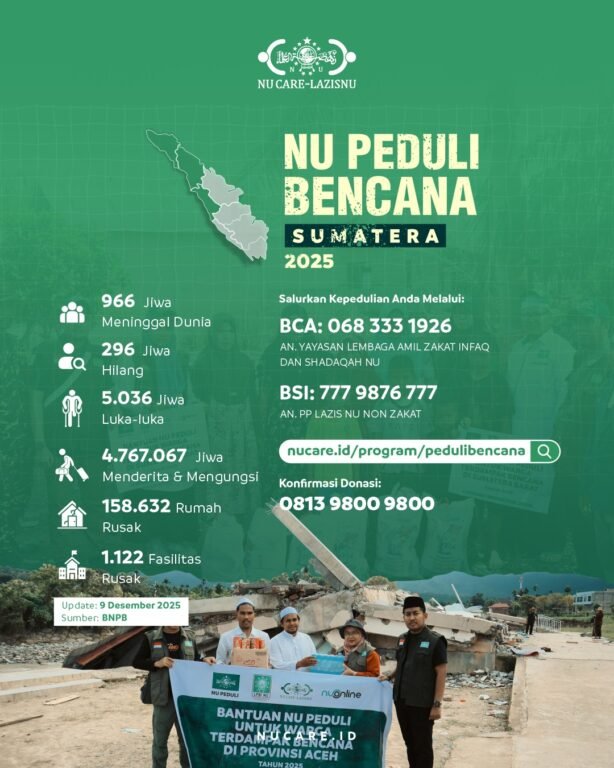Global health challenges have increased in recent years, with infectious diseases and climate change being two of the most significant issues affecting health outcomes worldwide. Both of these challenges have significant consequences on human health, and addressing them requires a global response that prioritizes prevention and intervention.
Infectious diseases such as malaria, tuberculosis, and HIV/AIDS are major contributors to the global disease burden, particularly in low- and middle-income countries. These diseases disproportionately affect vulnerable populations, including children, the elderly, and people living in poverty. The COVID-19 pandemic has brought global attention to the importance of pandemic preparedness and the need for robust public health systems to respond to outbreaks.
Climate change also has significant implications for global health. Rising temperatures, changing precipitation patterns, and extreme weather events are leading to increased risks of food and water insecurity, malnutrition, and infectious diseases. The impacts of climate change on health are not limited to developing countries, as more frequent and severe weather events can also affect infrastructure and healthcare delivery in developed countries.
ADVERTISEMENT
 .
.SCROLL TO RESUME CONTENT
Addressing these global health challenges requires a coordinated effort at the global, national, and local levels. Strategies such as disease surveillance, prevention, and control, vaccine development, and investing in health systems can help prevent the spread of infectious diseases. Mitigating climate change requires reducing greenhouse gas emissions, transitioning to renewable energy sources, and promoting sustainable land use practices.
A key element of addressing these challenges is building strong partnerships and collaborations across sectors, including healthcare, government, academia, and civil society. This includes engaging communities in planning and implementing solutions that are culturally appropriate and address their specific health needs.
In conclusion, global health challenges such as infectious diseases and climate change require a sustained and coordinated effort at the global, national, and local levels. By investing in prevention and intervention strategies, building strong partnerships, and engaging communities, we can work towards a healthier and more sustainable future for all.














